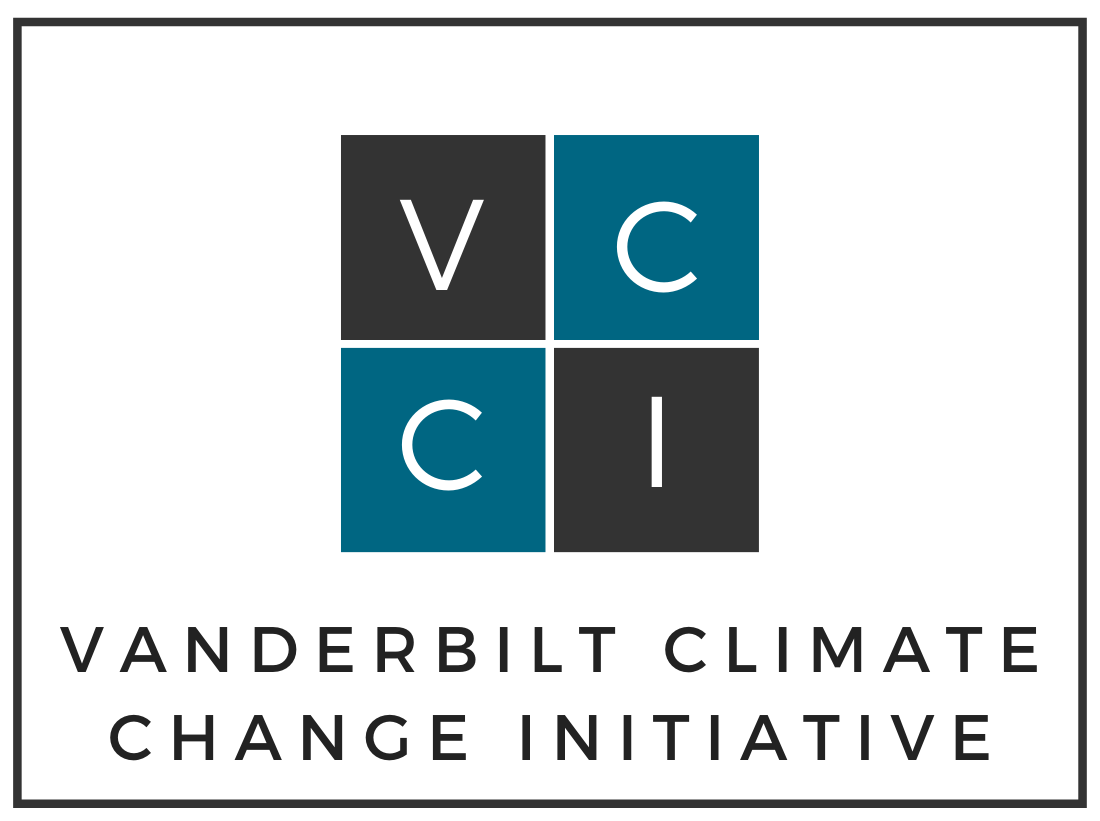VCCI is engaged in cutting edge, multi-disciplinary research to develop, deploy, and test “smart city” applications, and working side-by-side with urban planners to address the most pressing and complex problems.


Our Focus
The United Nations estimates that more than half of the world’s population currently lives in cities, and by 2030, two-thirds will be urban dwellers. Highly complex systems, often largely invisible, are necessary to sustainably support the livelihoods of these mass populations. Such systems include transportation, water, energy, food, health, and waste. Cities around the world are now working to becoming “smarter,” to manage these assets more efficiently and to become resilient when the inevitable disasters do occur.
Current and Recent Projects at VCCI:
- Working closely with the Mayor’s office in Nashville, one of the Rockefeller Foundation-selected “100 Resilient Cities” to utilize Nashville as a “living lab” for smart-city innovation.
- Developing methods to improve transportation systems by leveraging the rapid advances in sensing, communication, and computing that are now becoming integrated into physical infrastructure.
- Developing new estimation approaches to improve understanding of transportation systems at increasingly large scales, including deployment of autonomous and connected vehicles.
- Utilizing big data (hundreds of millions of recorded trips) and corresponding analytics to determine the pace of traffic during typical and disruptive events, to quantify the resilience of a city to extreme events and how quickly it can recover.
- Performing applied research using sensors and mathematical models to improve intelligent transportation systems in safety-critical environments.
- Developing smart-phone applications that allow easy and crowd-sourced collection of traffic data